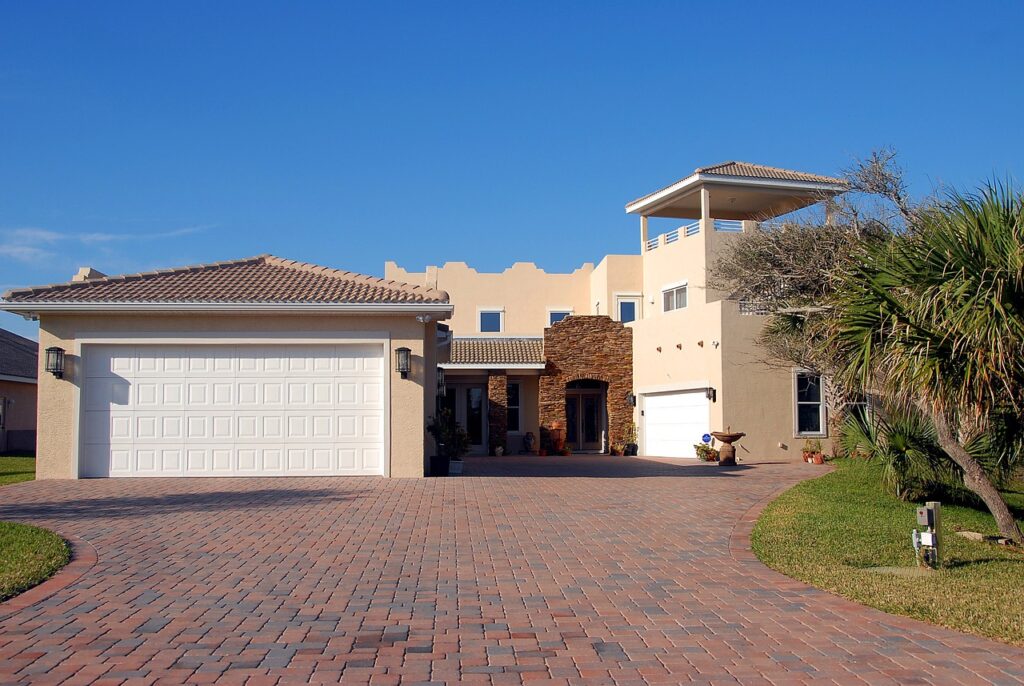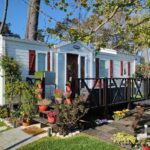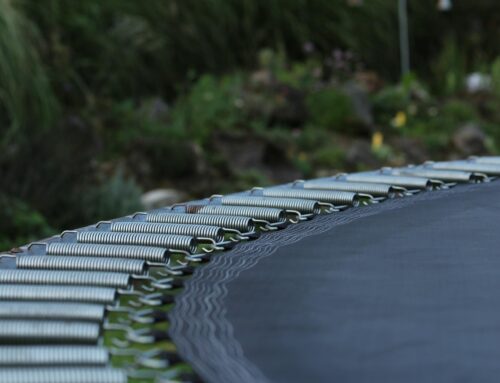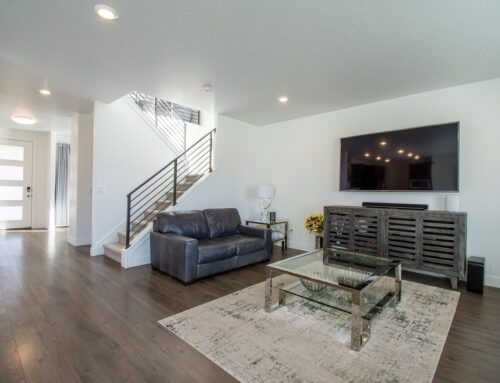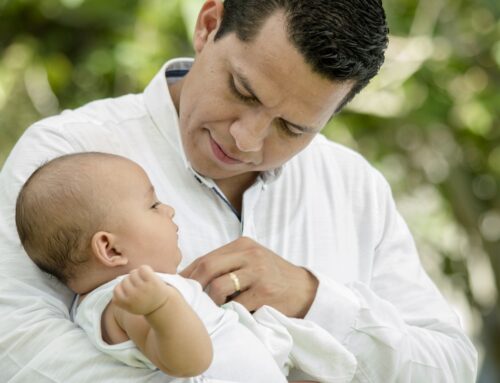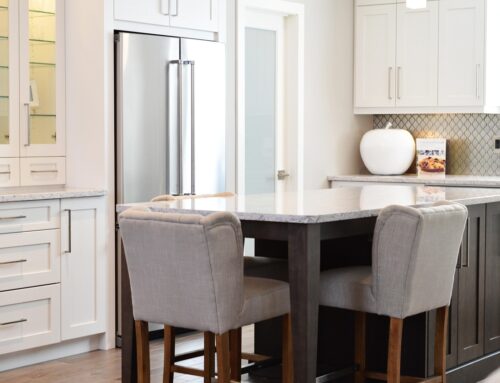In Florida, homeowners face unique challenges due to the state’s susceptibility to natural disasters. A homeowners’ policy isn’t enough to protect your home if you don’t know what goes into it and its limitations. Today, we will look at the most common aspects of Florida homeowners’ insurance policies, where they fall short, and how you can get extra coverage to protect your home fully.
- Hurricane and Storm Damage
Florida homeowners’ insurance typically includes coverage for damages caused by hurricanes and storms. Insurance helps pay for structural repairs or rebuilding when a hurricane damages your home. It also covers detached structures like garages or sheds up to a certain percentage of your dwelling coverage.While direct damage from wind and rain is covered, flood damage resulting from storm surges requires separate flood insurance. Additionally, if you’re displaced, your policy may cover living expenses to help until your home is returned to a livable condition.
As storm and hurricane coverage focuses more on structural damage due to rain and wind than on flooding, conducting wind mitigation inspections on your property can potentially result in discounts on your coverage.
- Fire Damage and Smoke Impact
In the event of a fire, homeowners insurance covers the cost of repairing damage to your home’s exterior and interior, including the structural rebuild and repairs caused by smoke and soot. Personal belongings affected by the fire are also eligible for replacement under most policies, subject to limits. High-value items, however, may need additional coverage.Similar to damage from a hurricane or storm, if damage necessitates temporary relocation, your insurance policy provides for living expenses, providing a semblance of normalcy during disruptive times. Up-to-date home inventories of your possessions help facilitate a fast claim process after a fire. - Theft and Vandalism
Coverage against theft and vandalism protects your property and personal belongings from unlawful intrusion and damage. Following a break-in, homeowners insurance covers the cost of stolen items and pays for repairs to damaged windows, doors, and locks. The policy includes a cap on personal property losses, and you should specifically list high-value possessions such as jewelry or art for adequate protection.Preventive measures like security systems may also qualify for policy discounts. In the unfortunate event your stolen property is used to cause damage to others, your policy’s liability coverage can provide necessary financial protection against claims. - Liability Protection
Liability coverage shields you from financial loss if someone is injured on your property or if you damage someone else’s property. This includes covering medical bills for guests injured at your home, legal fees and settlements if you are sued, and protection from legal action in some instances.
Liability protection and coverage limits should be sufficient enough to protect assets against possible lawsuits. Additionally, you can consider an umbrella policy for broader coverage, which kicks in when standard liability limits are reached. - Water Damage (Excluding Floods)
Florida homeowners’ insurance policies typically cover water damage resulting from accidents. For example, if a pipe suddenly bursts without warning, your coverage will likely step in. It’s important to differentiate between sudden water damage, which is covered, and gradual damage, like a slow leak, which is not. As a homeowner, you must take action to address known issues; otherwise, your claim may be denied.Homeowners’ insurance may include intricate factors that make one policy either insufficient or overboard for your needs. You may also need other types of insurance, like flood insurance, to shore up the limits of your homeowner’s policy.
To adequately protect your home and find the best plan for your home and property, contact the Anderson & Associates Insurance team today.


